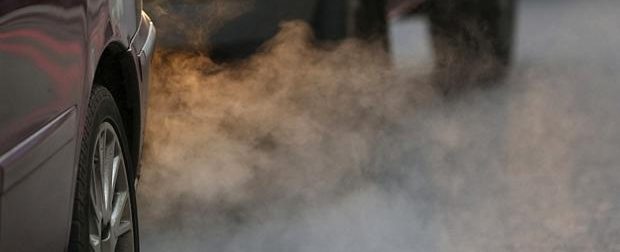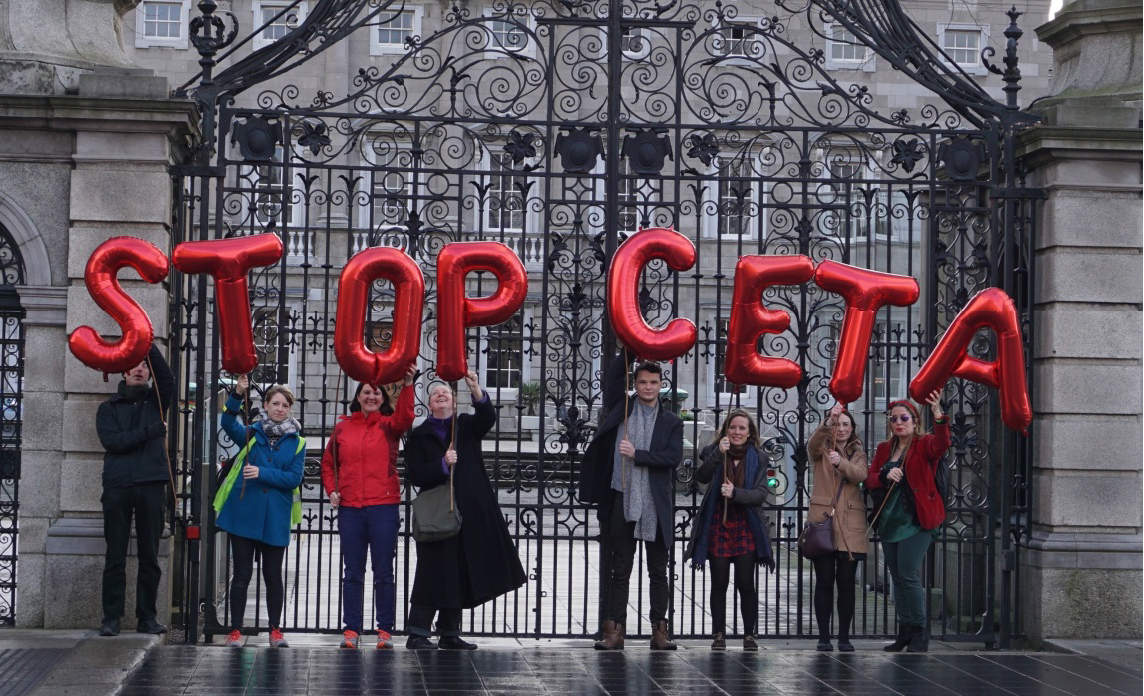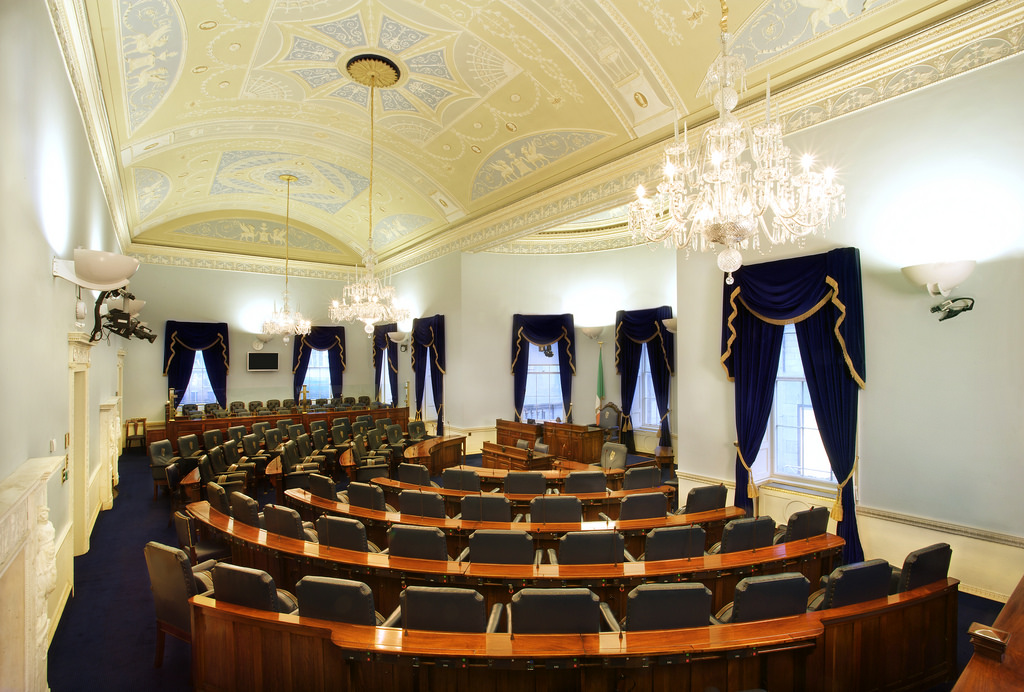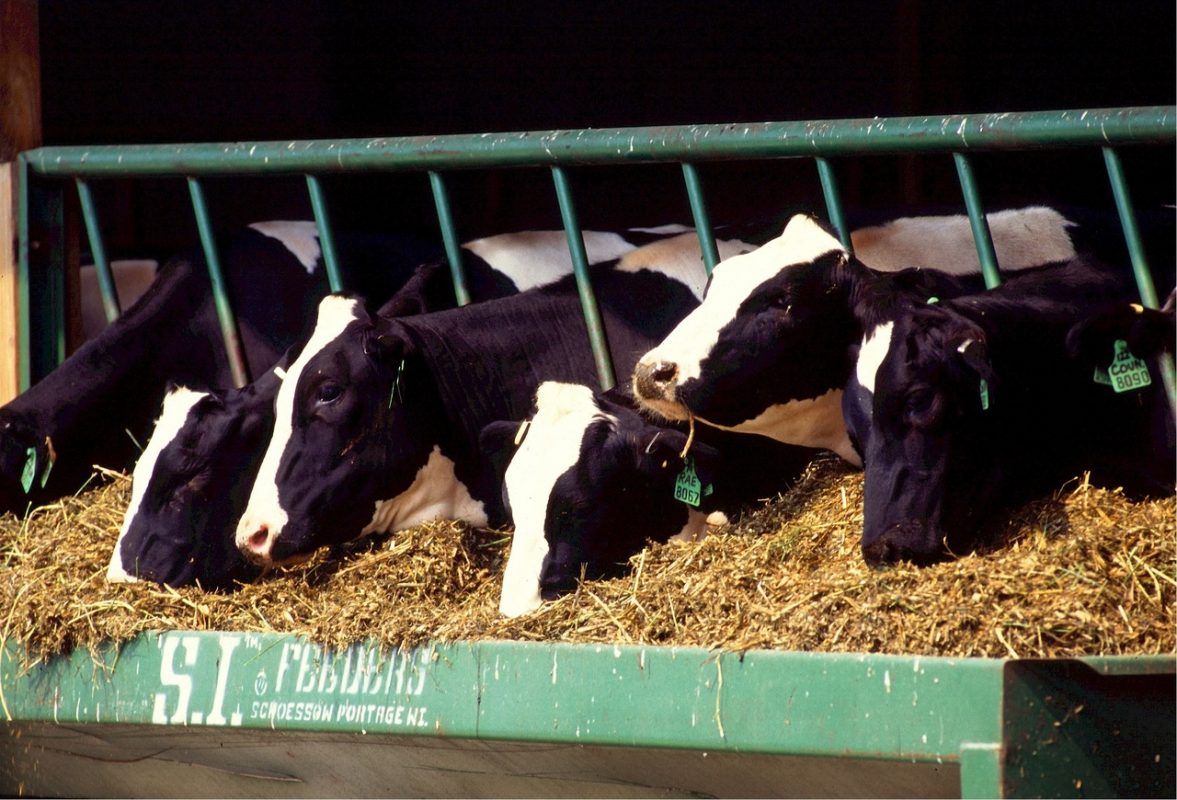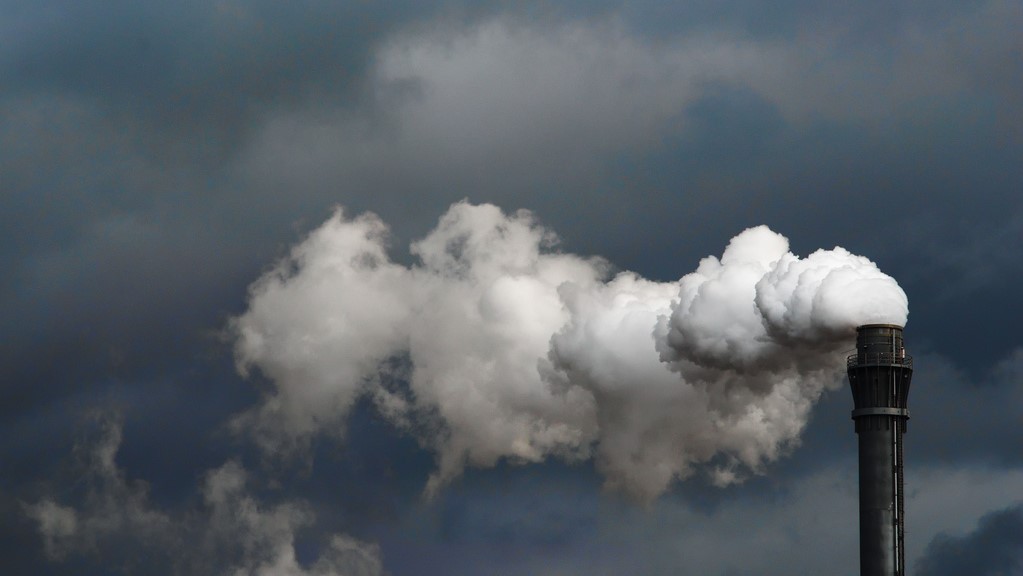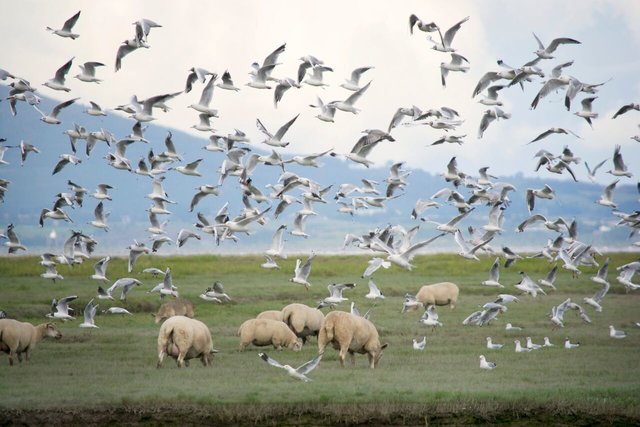Scientists call for CAP reform to halt ‘catastrophic’ biodiversity decline

November 4th, 2019
Over 2,500 scientists have sent a letter to the European Parliament outlining “catastrophic declines” suffered by birds, mammals, reptiles, amphibians, and insects from intensive agricultural practices.
The letter details the effects that an increasingly intensive agriculture model is having on biodiversity, with the scientists calling for a “far-reaching reform” of the bloc’s Common Agricultural Policy (CAP).
The EU is currently deliberating over the next iteration of the CAP under which payments to farmers account for over one-third of the EU budget.
The letter from five leading biodiversity foundations, including the European Ornithologists Union and European Mammal Foundation, supports a move to transform the CAP to respond to climate change and biodiversity loss.
The letter lays the blame for intensification at the current structure of the CAP that it says has encouraged landscape simplification and consolidation, major increases in pesticide use, irrigation expansion and the destruction of pasture lands.
The “unequivocal scientific consensus” is that these activities have led to a 55 per cent decline of European farmland bird populations between 1980 and 2015, as well as declines in insect populations and other impacts on a variety of species that depend on farmland habitats in Europe.
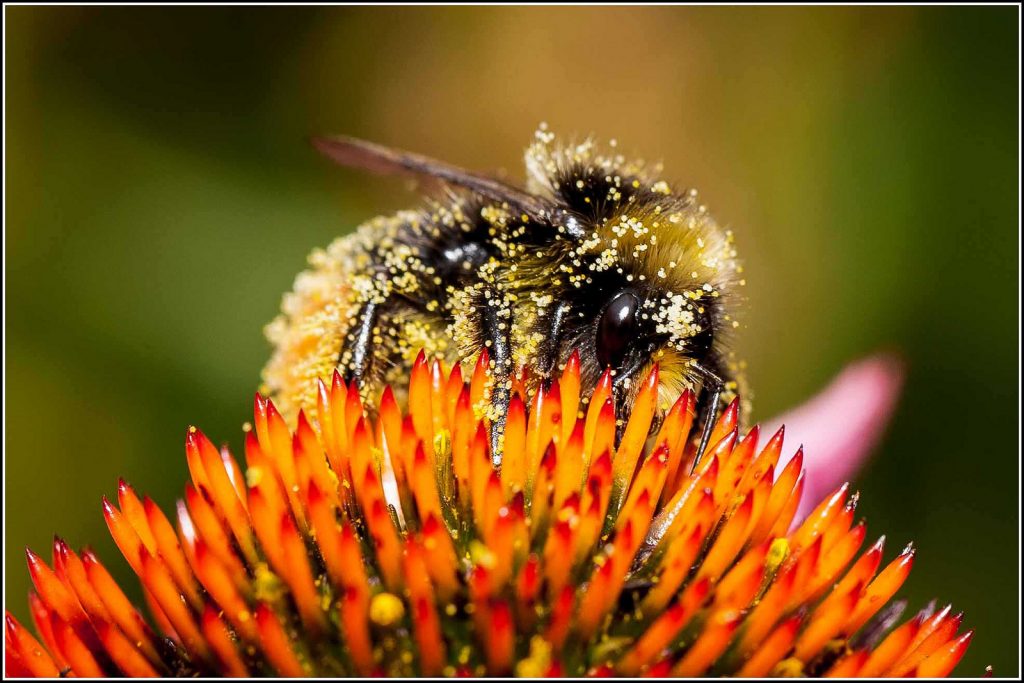
CAP and biodiversity protection
The CAP is currently designed to encourage maximum food production across the EU that the letter says has resulted in the removal of large swaths of natural habitat in place of “green deserts of uninhabitable maximum-yield monocultures”.
There are plans for the next CAP to have a greater emphasis on the protection of natural resources, conservation of biodiversity and measures to address climate change.
The scientists state, however, that their analysis of the European Commissions’ proposal for the new CAP “fails to offer a real reform, and even risks lower ambition”.
“Without a fundamental reform of the CAP, such negative trends will not only diminish nature in current EU member states, but will also threaten the nature of candidates ones. EU membership should not be causing silent springs,” the letter states.
The scientific grouping wants to see a reformed CAP deliver sustainable and diversified agriculture through “spatially-targeted measures” supporting smaller farms working with close to nature principles.
Similar recommendations were recently put forward by a group of Irish scientists in a set of six ecological principles they say should form the basis of Ireland’s national CAP strategic plan.
The six CAP4Nature principles include an understanding that biodiversity underpins the sustainable delivery of multiple ecosystem services, including food production.
The CAP4Nature grouping also calls for long-term planning to ensure adequate support for natural processes that deliver beneficial ecosystem services, as well as a need to strengthen grassroots links between consumers, producers, and nature.
This, they say, will have the dual benefit of enhancing farmers’ livelihoods while also ensuring greater biodiversity protection in a sector that currently has a largely negative impact on nature.
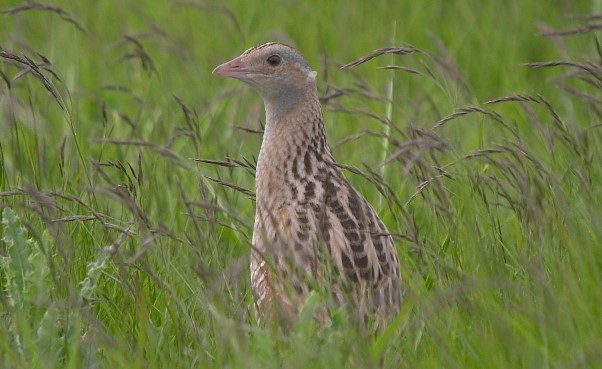
Nature-protection increases yield
An international study released last month in Science Advances found that agricultural fields with greater biodiversity are better protected from harmful insects, promote natural pollination and produce higher yields.
The study analysed the value of ecosystem services at almost 1,500 agricultural fields across the globe, including cornfields in America, coffee plantations in India and oil-seed rape here at home in Ireland.
TCD’s Professor Jane Stout, a co-author of the study, said that the Irish analysis for the study revealed a 30 per cent drop in oil-seed rape yield when pollinators were not present.
“Given that Irish bees are in decline in the Irish countryside, this could limit overall productivity,” she warned. “In order to bring back biodiversity on farmland, and to ensure maximum current and future yields, we must maintain and increase diversity in our farmed landscapes.”
Impact in Ireland
The European scientists’ letter also calls for specific funding for biodiversity on farms that can make extensive grazing a viable and competitive option for livestock farmers.
While largely maintaining our grass-based livestock system, agriculture is still a key cause of biodiversity loss in Ireland. According to the National Parks and Wildlife Service (NPWS), 85 per cent of our EU-protected habitats are in poor order mainly as a result of intensive agricultural practices.
The Birdwatch Ireland-led Countryside Bird Survey, running since the 1990s, recently revealed that about a quarter of farmland birds such as the Corncrake, Swift, Greenfinch, Stonechat, and Kestrel are “exhibiting serious declines” across the island.
The sector is also responsible for water and air pollution and contributes greatly to our greenhouse gas emissions – accounting for 33 per cent of total Irish emissions.
[x_author title=”About the Author”]

